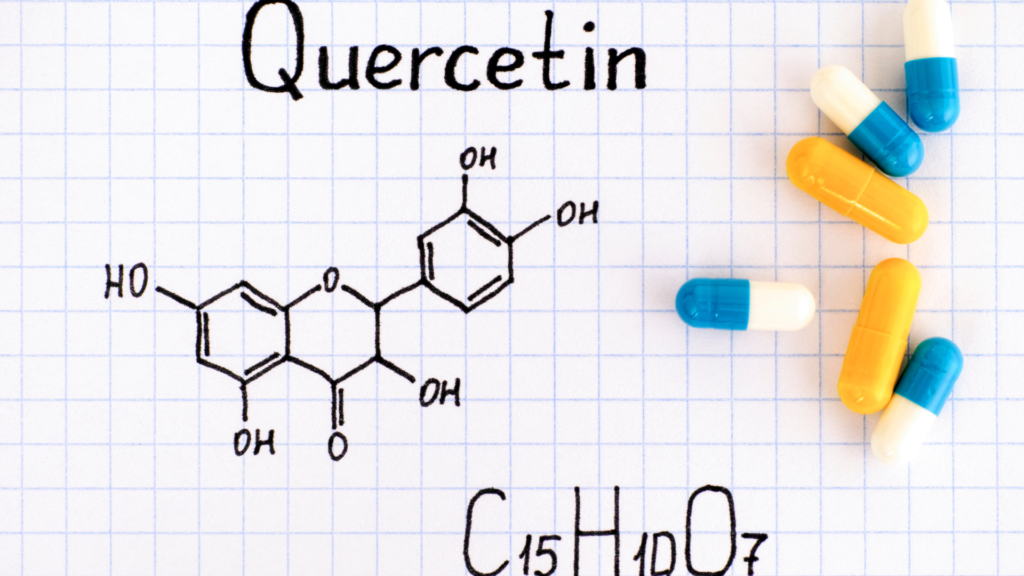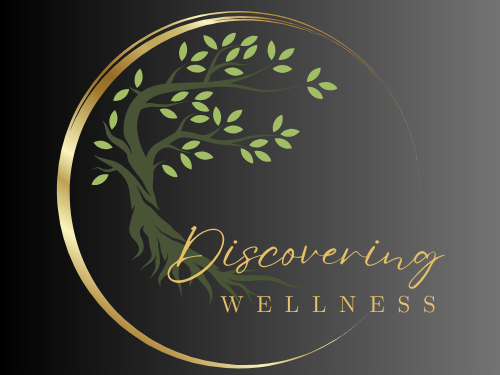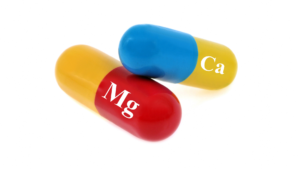
Heat hives, also known as heat bumps or cholinergic urticaria, can be frustrating and uncomfortable to deal with. This condition causes itchy red bumps to appear on the skin in response to triggers like heat, sweating, exercise, stress, and even spicy foods. For those affected by heat hives, something as simple as taking a warm shower or going for a jog on a summer day can cause a flare-up of hives and itching. While antihistamines provide some relief, they don’t address the underlying causes. This is why natural remedies like quercetin have been garnering interest from researchers and patients alike.
Quercetin is a plant compound, or flavonoid, found in many fruits, vegetables, teas, and grains. It has strong antioxidant and anti-inflammatory properties that help fight damage from free radicals and calm inflammation in the body. There is also early evidence that quercetin can stabilize mast cells, which are immune cells that release histamine and other inflammatory chemicals. This mast cell-stabilizing effect is likely why quercetin shows promise for heat hives specifically.
How Quercetin May Help with Heat Hives
When someone has heat hives, their mast cells essentially overreact to stimuli like heat and sweat. The triggered mast cells rapidly degranulate, releasing histamine that causes hives, itching, and redness on the skin. Quercetin may be able to limit this process of mast cell degranulation, providing relief from hives and itchiness. Additionally, its antioxidant properties may mitigate some of the oxidative stress that occurs with mast cell activation.
While human studies are still limited, some research on quercetin for allergies and asthma demonstrates its ability to calm mast cell activity and reduce inflammation in lung and skin tissues. Animal model studies also found quercetin decreased mast cell degranulation and stabilized mast cells. More direct research is needed, but these related studies provide a basis for quercetin’s potential in heat hives.
Beyond Heat Hives: Additional Benefits of Quercetin
In addition to possible anti-inflammatory effects for the skin, quercetin may also offer protective cardiovascular and blood sugar benefits when added to your diet or taken as a supplement. Of course, it’s important to consult a doctor before trying quercetin, as there can be side effects at high doses and interactions with some medications. Food sources like apples, onions, teas, berries, and leafy greens provide a safe way to increase your quercetin intake. Supplements may also be an option, but be sure to choose high-quality products and follow dosage recommendations carefully.
Foods High in Quercetin
Incorporating quercetin-rich foods into your diet is a natural way to enhance your intake of this flavonoid. Here are some foods that are high in quercetin:
- Apples: An apple a day not only keeps the doctor away but also provides a significant amount of quercetin. Be sure to consume the skin as it contains higher concentrations of this flavonoid.
- Onions: Whether you prefer them raw or cooked, onions are a flavorful source of quercetin. Red onions, in particular, tend to have higher levels.
- Berries: Various berries, including strawberries, blueberries, and raspberries, are not only delicious but also rich in quercetin.
- Leafy Greens: Kale, spinach, and other leafy greens contribute to a healthy diet and provide a good dose of quercetin.
- Teas: Both green and black teas contain quercetin. Enjoying a cup of tea can be a relaxing way to incorporate this flavonoid into your routine.
Including these foods in your meals can contribute to your overall quercetin intake. Additionally, if you’re considering quercetin supplements, it’s essential to choose high-quality products and consult with your healthcare professional to determine the right dosage for your specific needs.
Considerations and Conclusion
While more research is still needed, quercetin’s anti-inflammatory and mast cell stabilizing properties show promising potential for managing heat hives flares naturally. When combined with proper lifestyle strategies, antihistamines as needed, and other care from your doctor, quercetin may provide additional relief for this frustrating condition. Just be sure to consult a healthcare professional before adding new remedies to your regimen.
With an integrative treatment approach, you may finally find your way to fewer hives and more comfortable days ahead. By staying informed and working closely with your healthcare team, you can explore quercetin as part of a comprehensive plan to manage heat hives and promote overall skin health. Remember, individual responses can vary, so what works for one person may not work for another. Always prioritize your well-being and seek professional advice when making decisions about your health.
Top of Form



